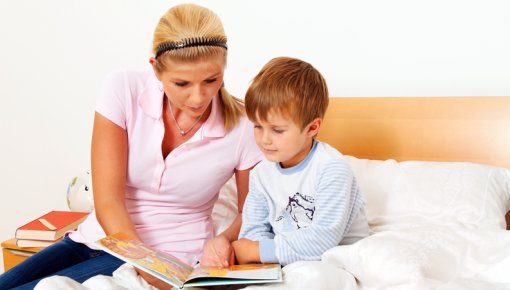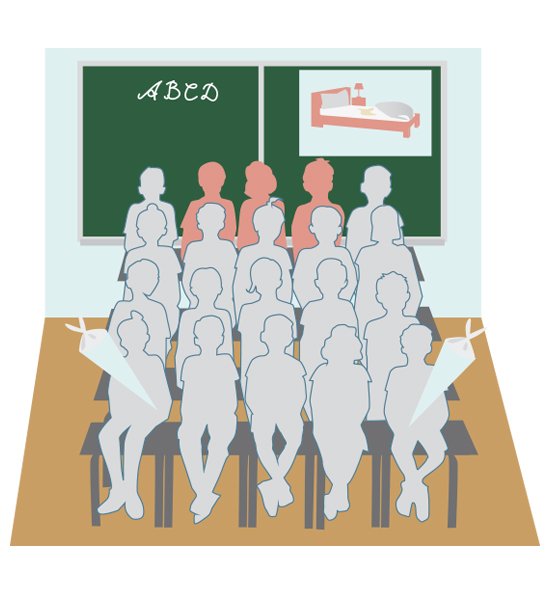Introduction

It is not that unusual for children and even teenagers to wet their bed sometimes, but people don't like talking about it. By about the age of five, most children either sleep through the night without wetting the bed, or wake up when they need the toilet.
But some children only develop this ability later on: More than 15% of all five-year-olds sometimes don't realize that their bladder is full until it's too late. By the time they have woken up, their bed is already wet. It is considered to be “bedwetting” (medical term: nocturnal enuresis) if children over the age of five still wet the bed regularly without there being a physical cause.
Bedwetting can be very troubling for the family – especially if it happens regularly. The children often feel bad too. It can start to affect their self-esteem.
Until the child stops wetting the bed, there are various things you can do to help them and make things easier for yourself too. The most important thing is to encourage them and make it clear that it's not their "fault." That also means not shouting at them or punishing them. Good to know: The problem usually goes away on its own over time – even if you need to be patient until then.

